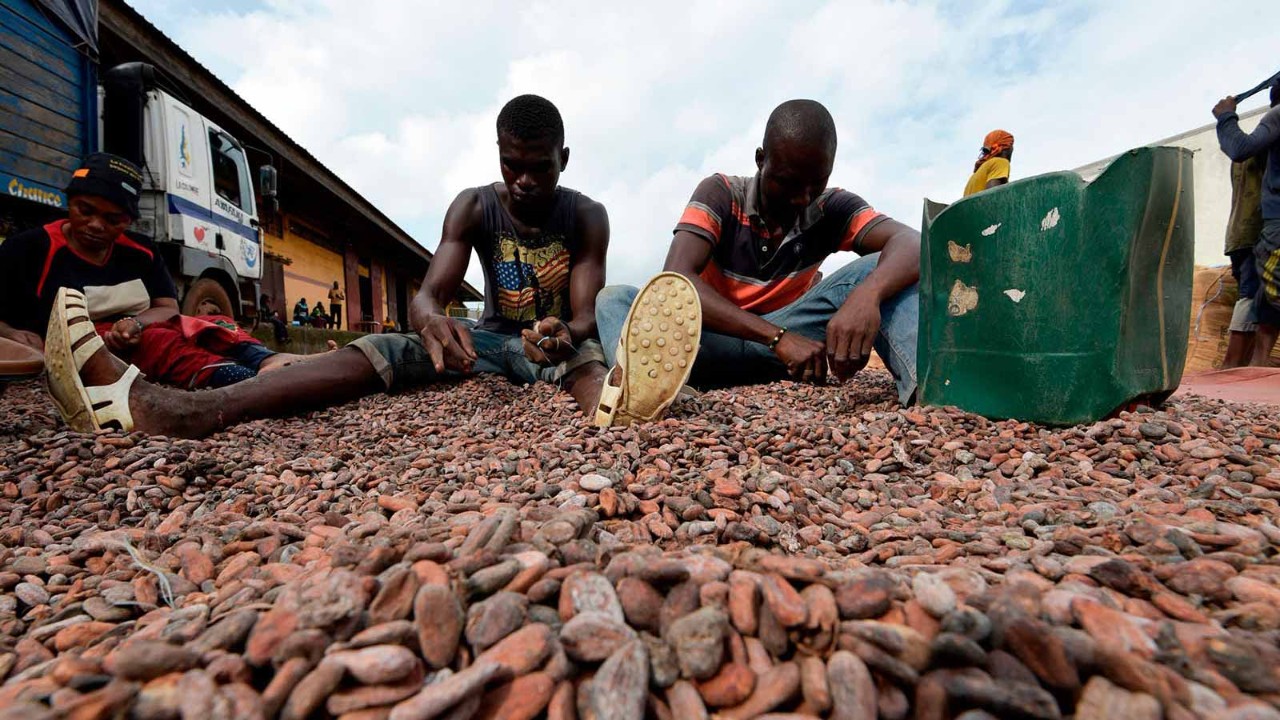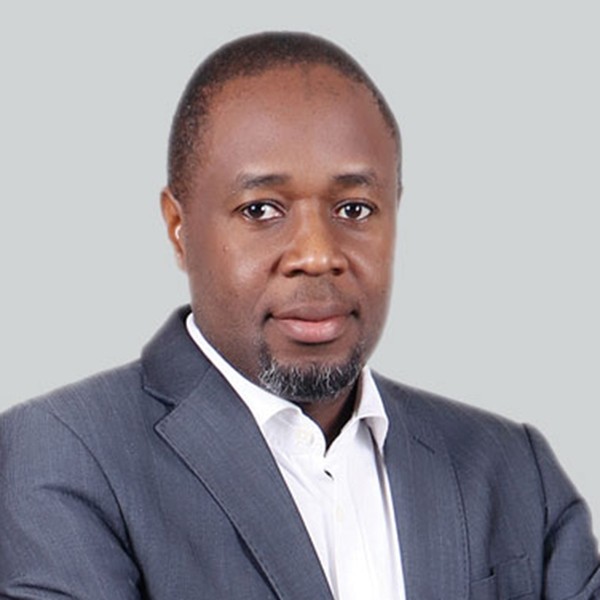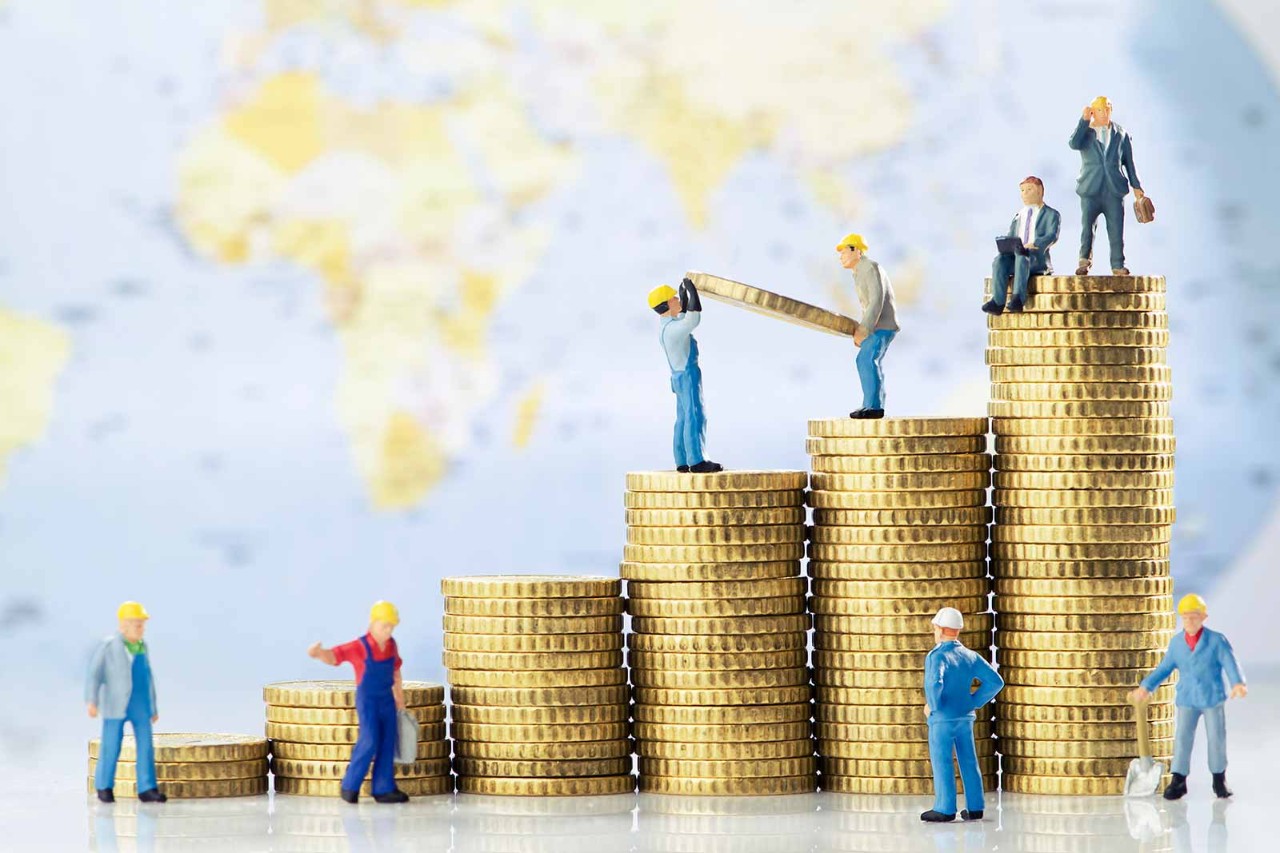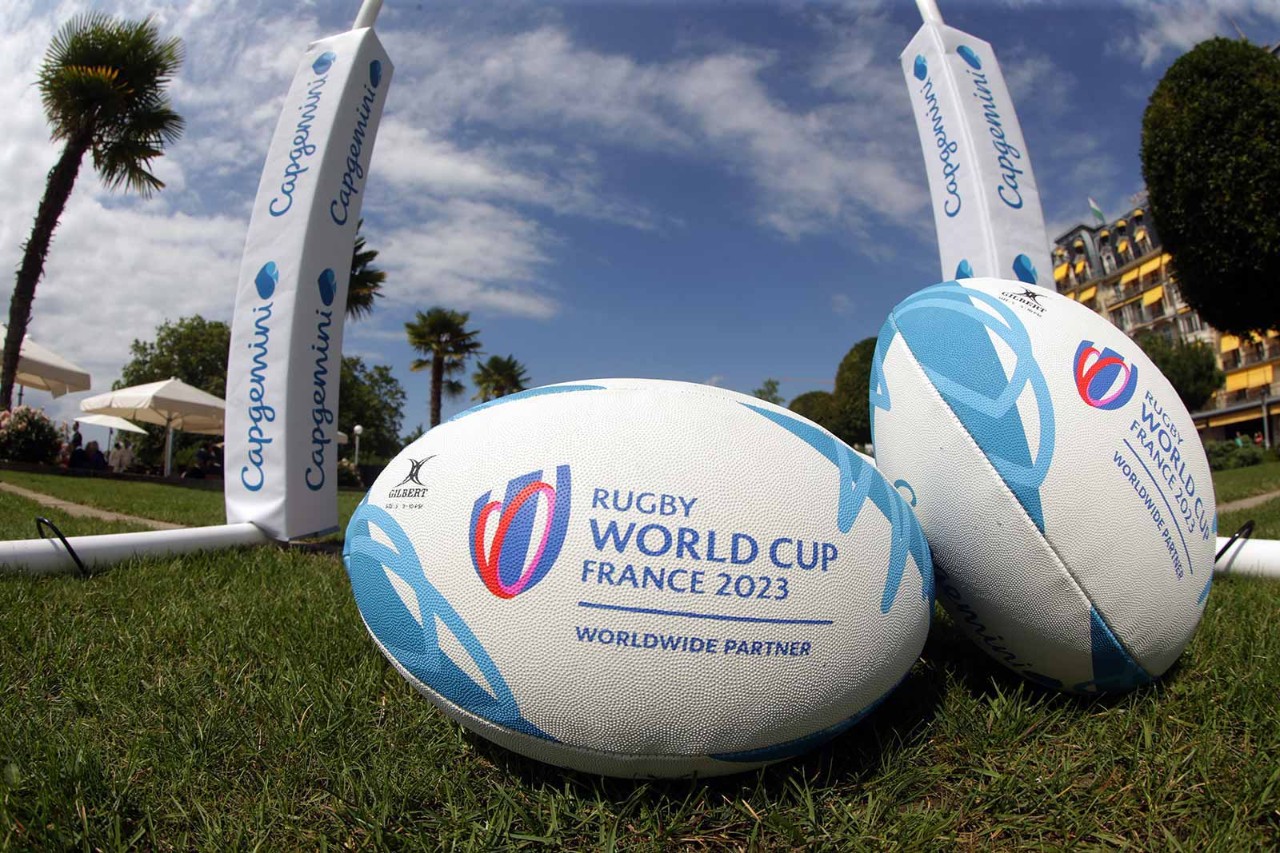
Recently, I watched a video of President Yoweri Museveni of Uganda describing a deal he was determined to stop. Following the 2022 discovery of a massive deposit of gold ore in the country worth over US$12 trillion, officials had agreed that mining companies could extract and export it in return for US$670bn in royalty payments. Museveni demurred: the gold, he said, had to be processed locally before export, allowing US$10 trillion of the final value to be generated in Uganda.
It’s a move to be welcomed. It provides a template for the poor nations of Africa to extract more from their rich endowments of resources than they presently do, using that wealth to develop their economies and pull their people out of poverty.
Value-add absent
Many African countries export raw materials with little or no value addition before export. For example, every year Ghana and Côte d’Ivoire export huge quantities of cocoa beans. The two countries produce two-thirds of the world’s cocoa, yet earn less than 6% of the US$100bn revenues booked by the global chocolate industry.

Ghana and Côte d’Ivoire need to tell Mars, Lindt and Hershey to set up factories in Africa
For more than 60 years, Nigeria and Angola have exported crude oil, but their failure to refine it before sale greatly reduces the potential earnings from the dwindling resource. In fact, both countries have invested so little in refining capacity that they have to import refined petroleum products for domestic consumption. Yet the Netherlands, for example, which has a much smaller output of crude, manages to generate billions of dollars from the sale of the refined product.
Africa typically retains only a small fraction of the proceeds from the sale of its resources, and continues to scrape by despite an abundant resource endowment. Given the growing depletion of many of these resources, Africa must renegotiate the terms of sale if it is to progress towards economic development with any speed.
African countries must begin to demand more for their resources, leveraging them to expand economies and create jobs. Ghana and Côte d’Ivoire need to tell Mars, Lindt and Hershey to set up factories in Africa. Nigeria and Angola must develop the capacity to refine crude, not just for domestic consumption but for export too.
Museveni isn’t alone in calling time on donating the wealth of his poor country to much richer economies
Control of the future
Happily, Museveni isn’t alone in calling time on donating the wealth of his poor country to much richer economies. Zimbabwe, for example, has banned all exports of raw lithium – a metal so valuable in rechargeable battery production that it is known as ‘white gold’. The government says the country is losing €1.7bn annually by exporting the metal rather than batteries that contain the metal. Meanwhile Nigeria’s Minister for Mines and Steel Development last year rejected Tesla’s offer to extract raw lithium from Nigeria, telling the company it will have to set up in-country lithium-ion battery production instead.
Cobalt is another key component in the technologies of the future – it’s used in rechargeable batteries, electric cars, mobile phones. With more than 70% of the world’s cobalt deposits, DR Congo has a bargaining chip of immense power for negotiating the establishment of battery factories in central Africa. Under current arrangements, Chinese companies own 80% of the industrial cobalt mines in the country. Whatever deals have been agreed need to incorporate in-country battery production.
In truth, Africa has a strong hand to play. The growth and functioning of modern technologies depend on minerals and rare earth elements that are abundant on the continent but less so elsewhere. Developed economies increasingly rely on them to support their climate commitments. By 2040, total mineral demand from clean energy technologies is estimated to triple, according to the International Energy Agency. Africa’s mineral wealth can be the goose that lays the golden egg – for Africa.
Rethinking the way we do business will allow Africa to make the most of what it has
Tell the story
Finance professionals have a role to play here. They must get involved in mineral extraction deals not just to achieve corporate financial gain but also for national development. They have to demonstrate to the officials who negotiate export deals for raw rather than processed materials the financial implications of continuing to do so. With their help, the politicians and officials who make these deals will start to realise the amount of opportunity that is lost in exporting raw materials rather than processed goods.
In the two score and seven years I have been alive, African nations have been classed as developing, a euphemism for undeveloped. It doesn’t have to be that way; countries like the UAE, Singapore and arguably China have all escaped from the category. Yet if Africa fails to grasp the opportunity now unfolding, then most of its nations will still be classed as developing in another two score and seven years. Rethinking the way we do business with the rest of the world – as Uganda, Zimbabwe and Nigeria are doing – will allow Africa to make the most of what it has to get what it so badly needs.



